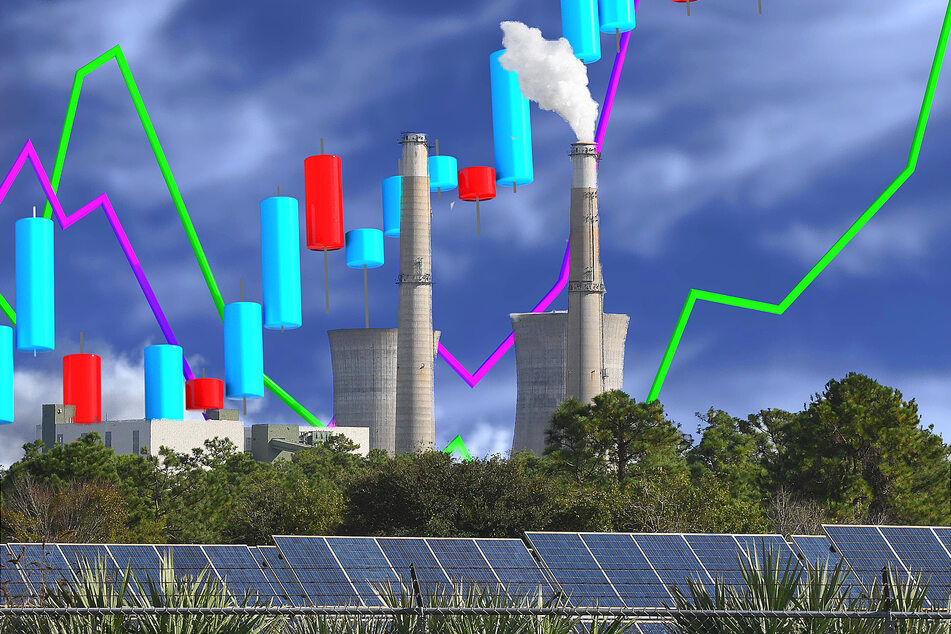Study proves the cost of climate action will rise the longer we delay
London, UK - An new project on climate change has answered a burning question about the expense of climate action now vs. later, and its findings were crystal clear.

Which will be more expensive: drastic climate action sooner or later?
A group of international researchers sought to find out, and released a recent study to look at the economic impact swift climate action can have.
They found that no matter how you spin different climate scenarios and compare the results, it will be cheaper overall to limit emissions ASAP than to wait until later in the century.
They also warn about the dangers and costs of overshooting the warming threshold target of 1.5 degrees Celsius above pre-industrial levels.
The project compared the nine commonly-used climate models, which use mathematical equations to show how energy and matter will interact with the earth.
The findings showed that even though there is a hefty price tag on climate action spending right now, the price tag for delayed action will be even higher.
"The higher near-term GDP losses of limiting overshoot are fully compensated by higher GDP growth in the second half of the century," the report stated.
Many studies focus on emissions and warming targets by 2100, which shifts the focus closer to the end of the century for actually making big changes.
Yet, these can mislead you into thinking that the only real chance at fighting climate change is decades away, and will rely mainly on carbon capture strategies – which pull CO2 from the atmosphere. But these are just taking baby steps, and as-yet have proven mostly useless.
The new research clearly shows that the time for a cheaper climate fight is right now, especially since the potential dangers of reaching higher levels of warming include increasingly devastating natural disasters – which carry their own steep price.
Unsurprisingly, waiting to fix something that is horribly broken isn't a great idea, and would be the more expensive option.
Cover photo: Collage: IMAGO/Alexander Limbach & ZUMA Wire
